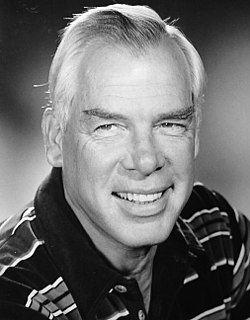This article needs additional citations for verification .(December 2022) |
| 19th British Academy Film Awards | |
|---|---|
| Date | 1966 |
| Highlights | |
| Best Film | My Fair Lady |
| Best British Film | The Ipcress File |
| Most awards | Darling (4) |
| Most nominations | Darling, The Hill , & The Knack ...and How to Get It (6) |
The 19th British Academy Film Awards, given by the British Academy of Film and Television Arts in 1966, honoured the best films of 1965.




